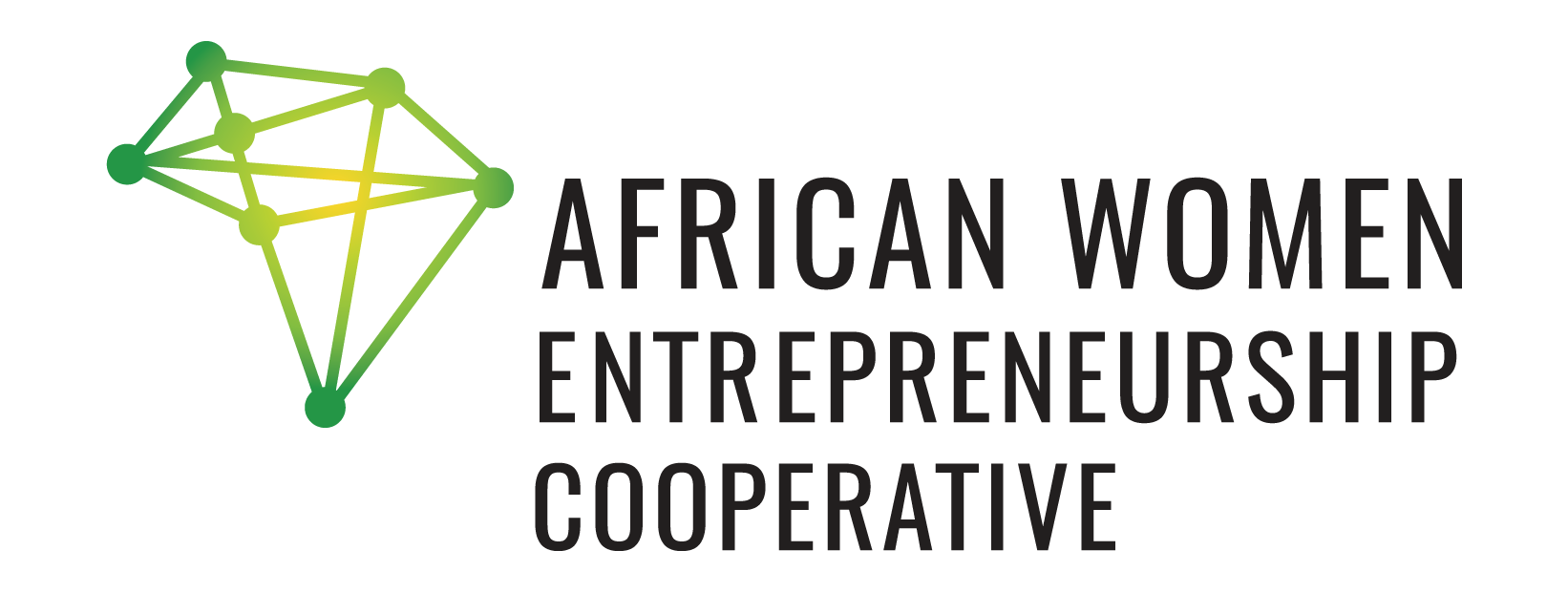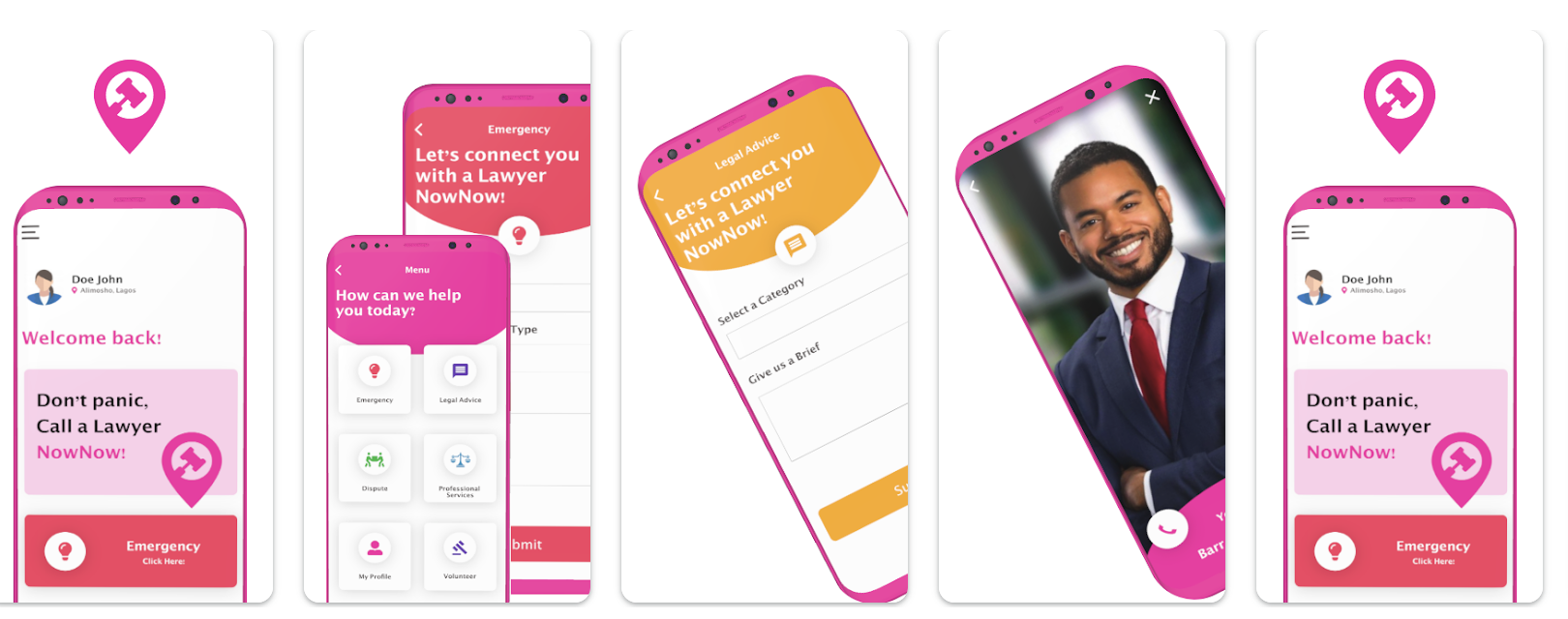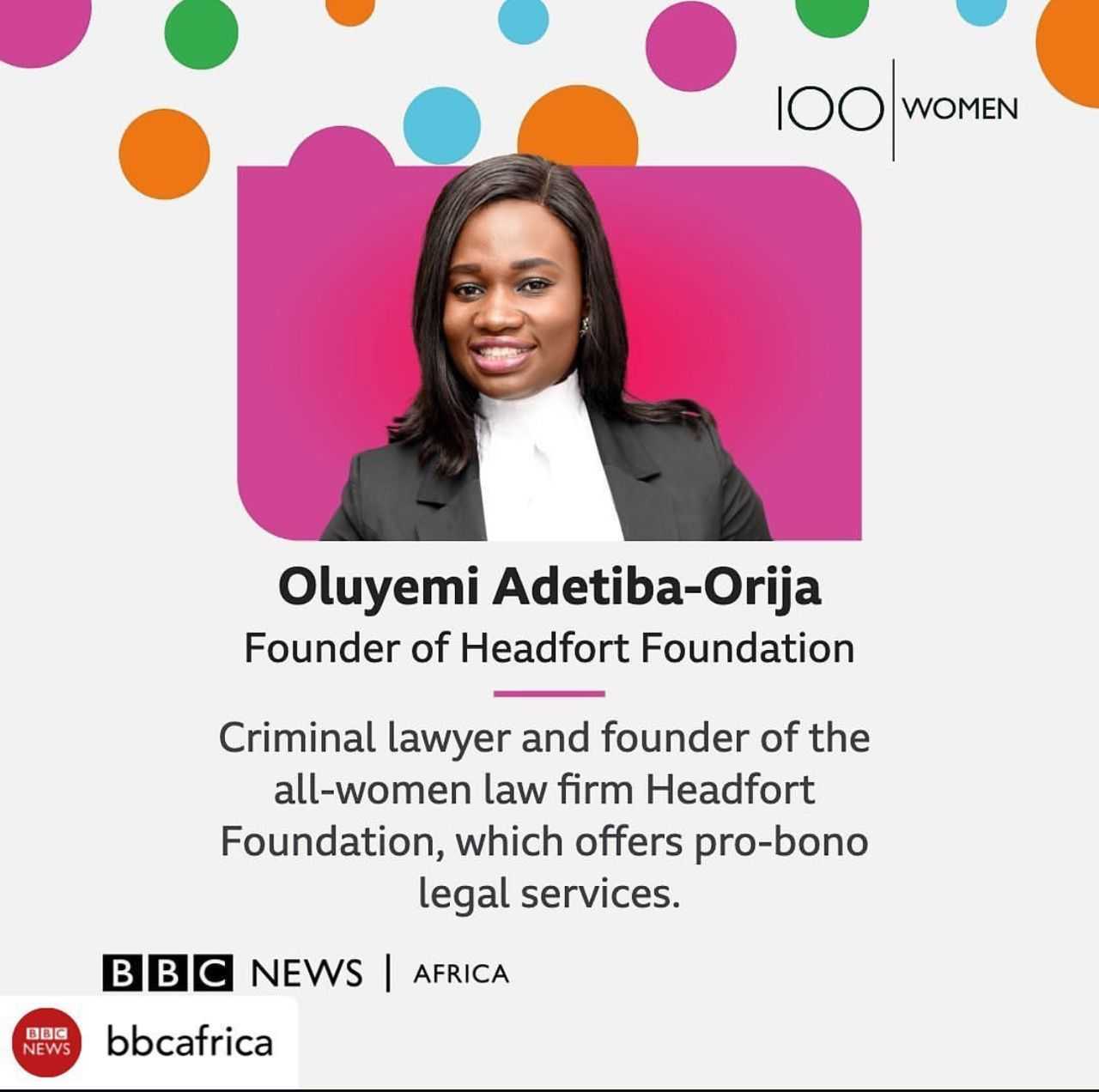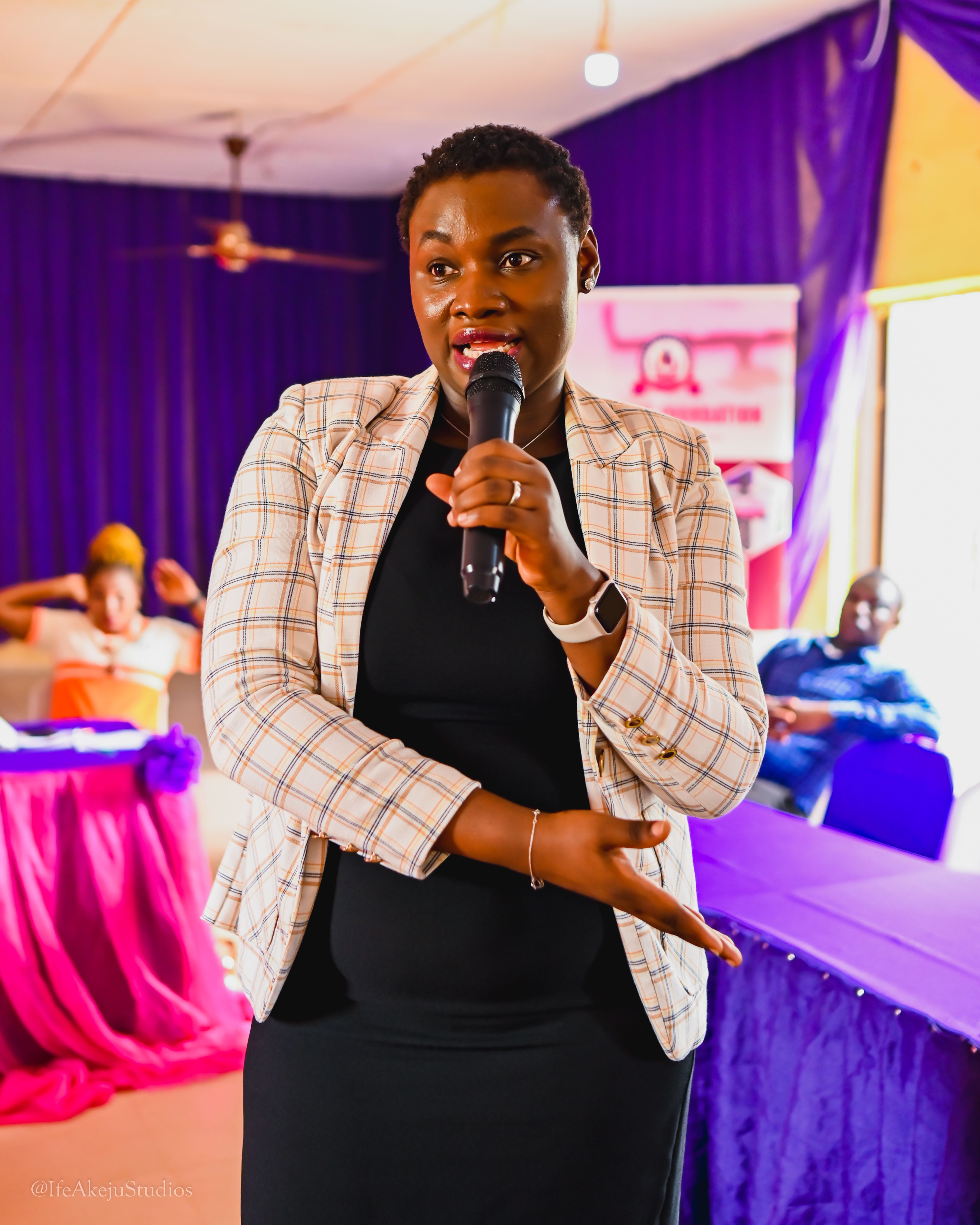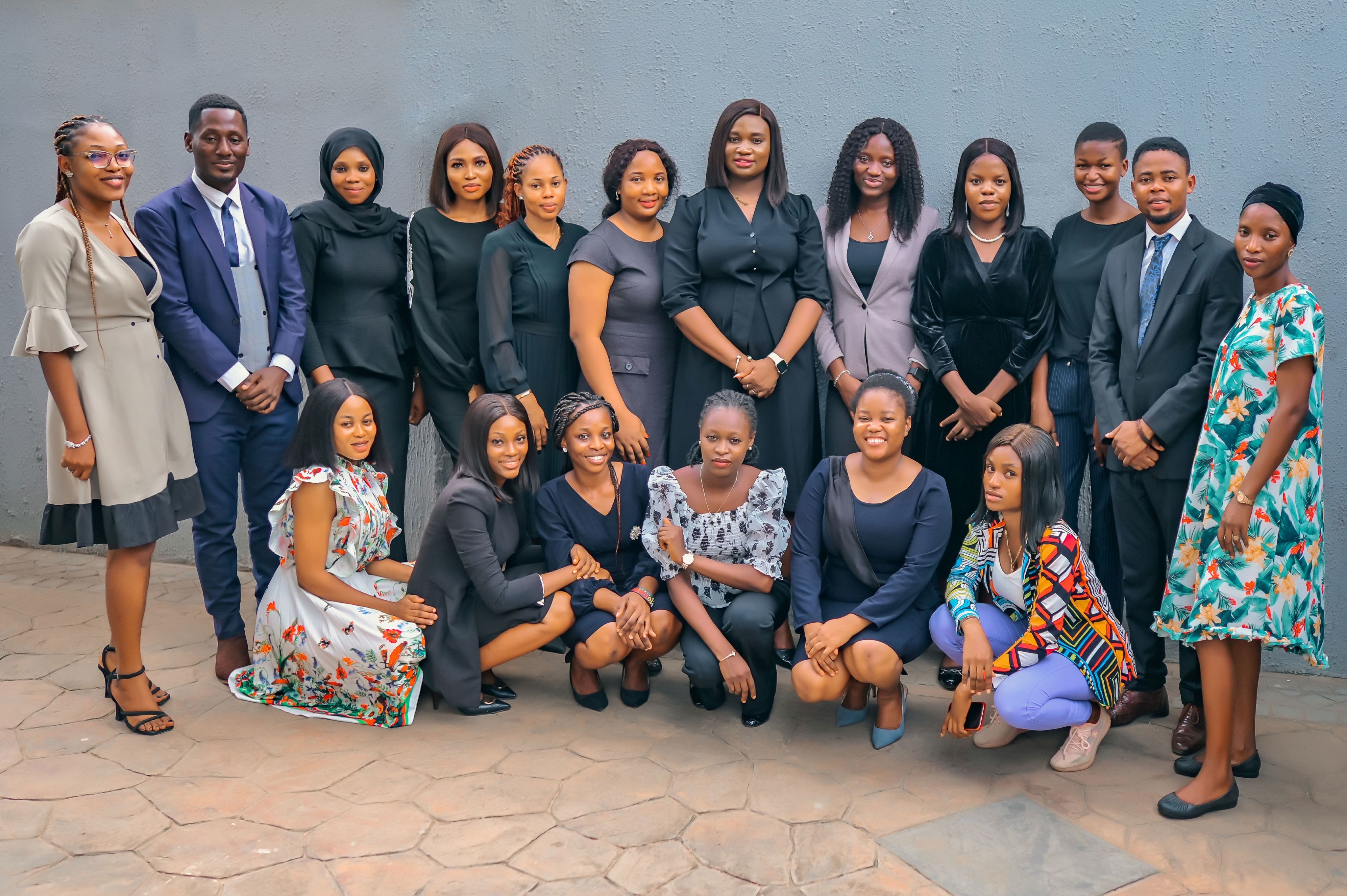
Breaking Barriers to Justice: How Philanthropy and Profit Are Revolutionizing Legal Access and Empowering Communities in Nigeria

Highlights
Read time: 5 minutes
Discover how an AWEC Cohort 6 alumna is breaking barriers to legal access and transforming justice in Nigeria, making it accessible to everyone.
Learn how to balance philanthropy with profit to drive impactful social change and business success.
Discover how to make a big difference with small acts of giving back.
How can businesses balance profit with purpose in a way that truly makes a difference? According to an article by Forbes, corporate social responsibility (CSR) plays a big part in customer attraction. Ethical and sustainable practices not only enhance brand reputation but also build customer loyalty. For Oluyemi Adetiba-Orija this balance is more than a business strategy—it's a mission.
We sat down with Oluyemi, lawyer, Founding Partner at Headfort Chambers, and AWEC Cohort 6 alumna from Nigeria, to discuss how she uses CSR to champion justice in Nigeria. Alongside her legal practice in advancing human rights, Oluyemi also leads a philanthropic arm of her organization. Headfort Foundation for Justice, demonstrating a commitment to giving back and creating opportunities for others.
Oluyemi Adetiba-Orija
Founding Partner at Headfort Chambers
A personal childhood experience inspired Oluyemi's journey into the legal profession. When she was a child, in her village in Ekiti State, Nigeria, around 30 men were arrested and unlawfully detained for two years because they were unable to afford legal representation. She knew these men. They were her neighbors, family friends, and members of the community. As she grew up, she realized unlawful detainment was a nationwide, systemic issue, and it inspired her to become a lawyer. Shortly after passing the bar and opening her all-female law firm, she started a CSR project to offer free legal services to indigent clients in correctional facilities.
Headfort Foundation for Justice was born and grew so rapidly that she expanded her efforts: calling for volunteers, donations, and partnerships to address systemic injustices within the Nigerian legal system.
Philanthropy Meets Profit:
How Oluyemi Orija is Empowering Communities and Driving Change
Fueled by a commitment to justice, she launched the Lawyers NowNow app in April 2021. This innovative platform was inspired by the systemic issues exposed during the 2020 End SARS protests in Nigeria, where many were unjustly detained without access to legal representation. Lawyers NowNow aims to break down the barriers to legal services, offering everyone, regardless of their financial means, direct access to legal support. The app primarily serves as a not-for-profit tool, but also provides affordable, discounted services for business owners, reflecting Oluyemi’s mission to make justice accessible, fair, and professional for all.
"Over the past five years, Headfort Foundation has made a significant impact, securing the release of over 700 wrongfully detained individuals and providing free legal aid to more than 12,000 people. The foundation's advocacy for human rights and justice reform has reached millions.”
Oluyemi’s mission is rooted in the belief that justice should be a fundamental right accessible to everyone, regardless of their social or economic background.
"You should not need to know someone or have money before accessing justice. My goal is for everyone to be assured that, in any encounter with law enforcement, they will be treated fairly, professionally, and have access to a fair and fast trial."
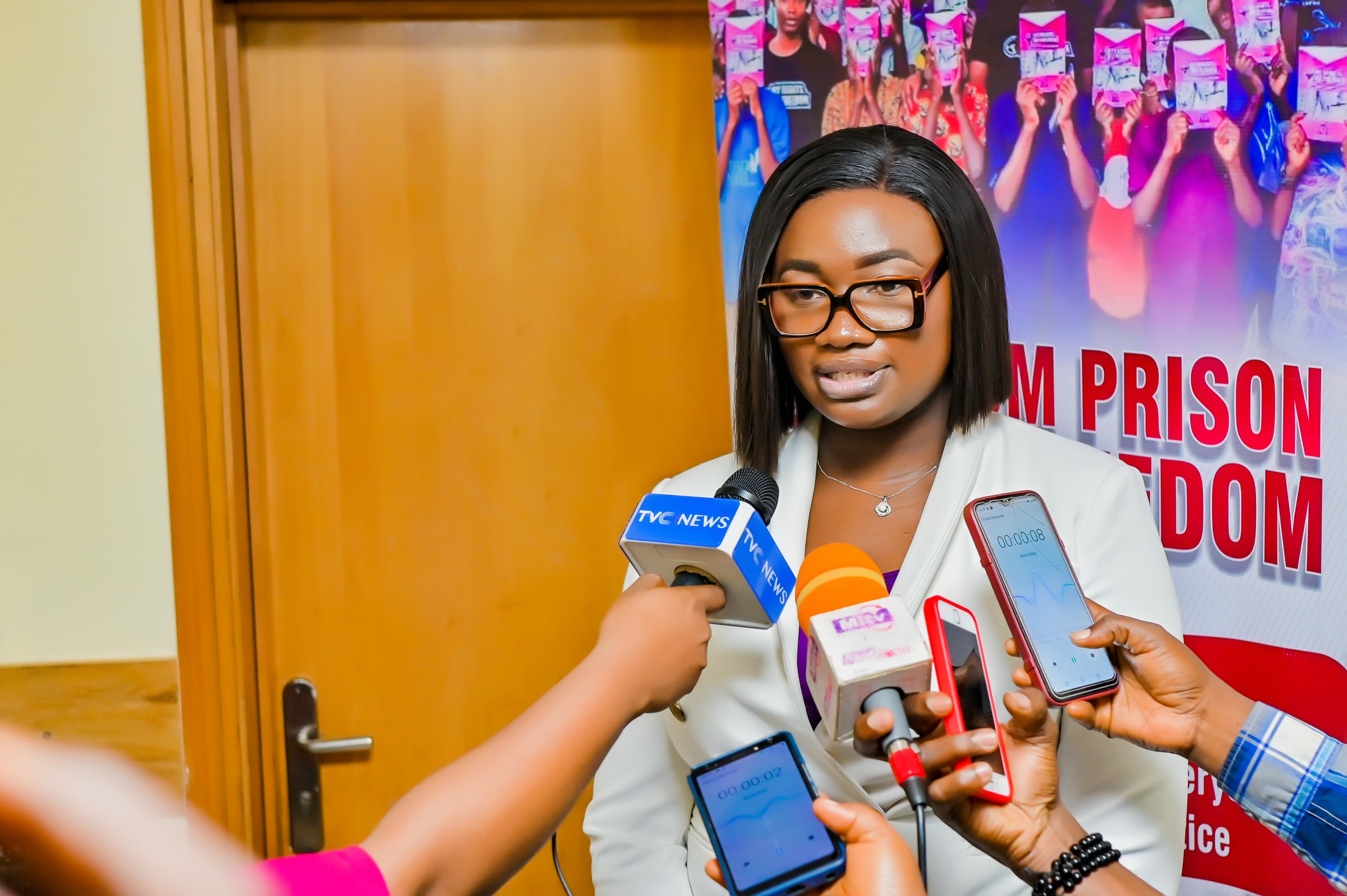
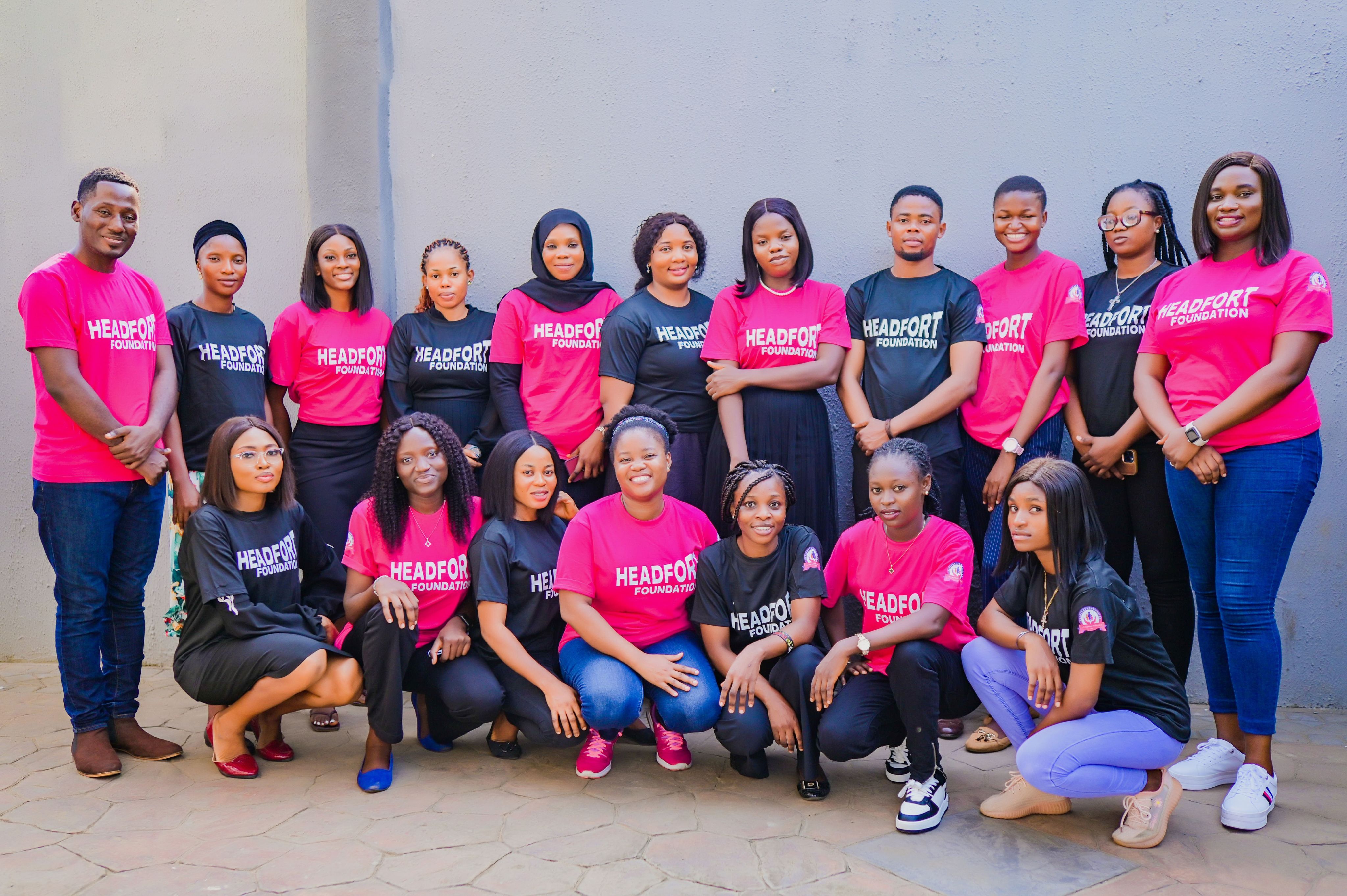
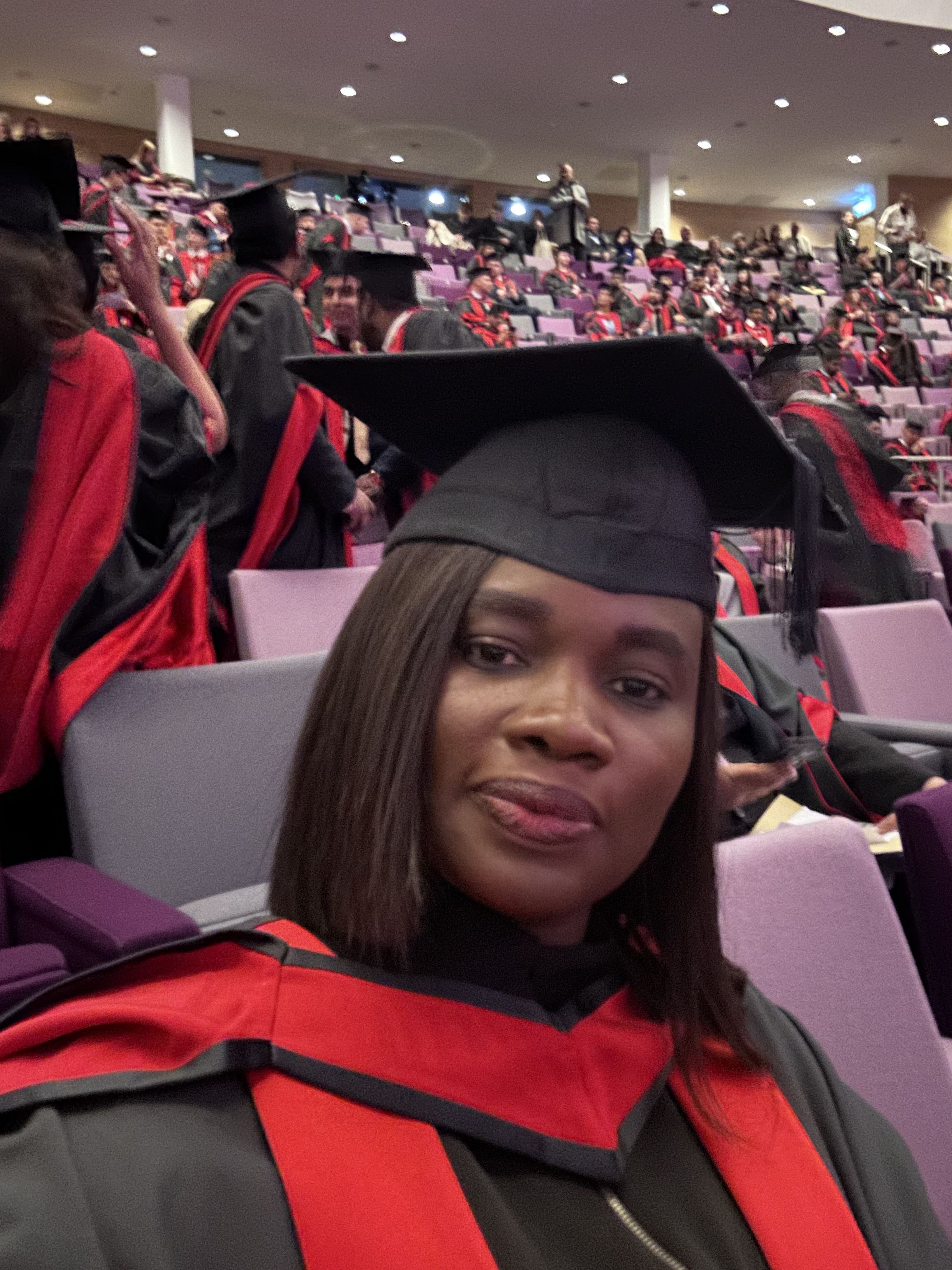
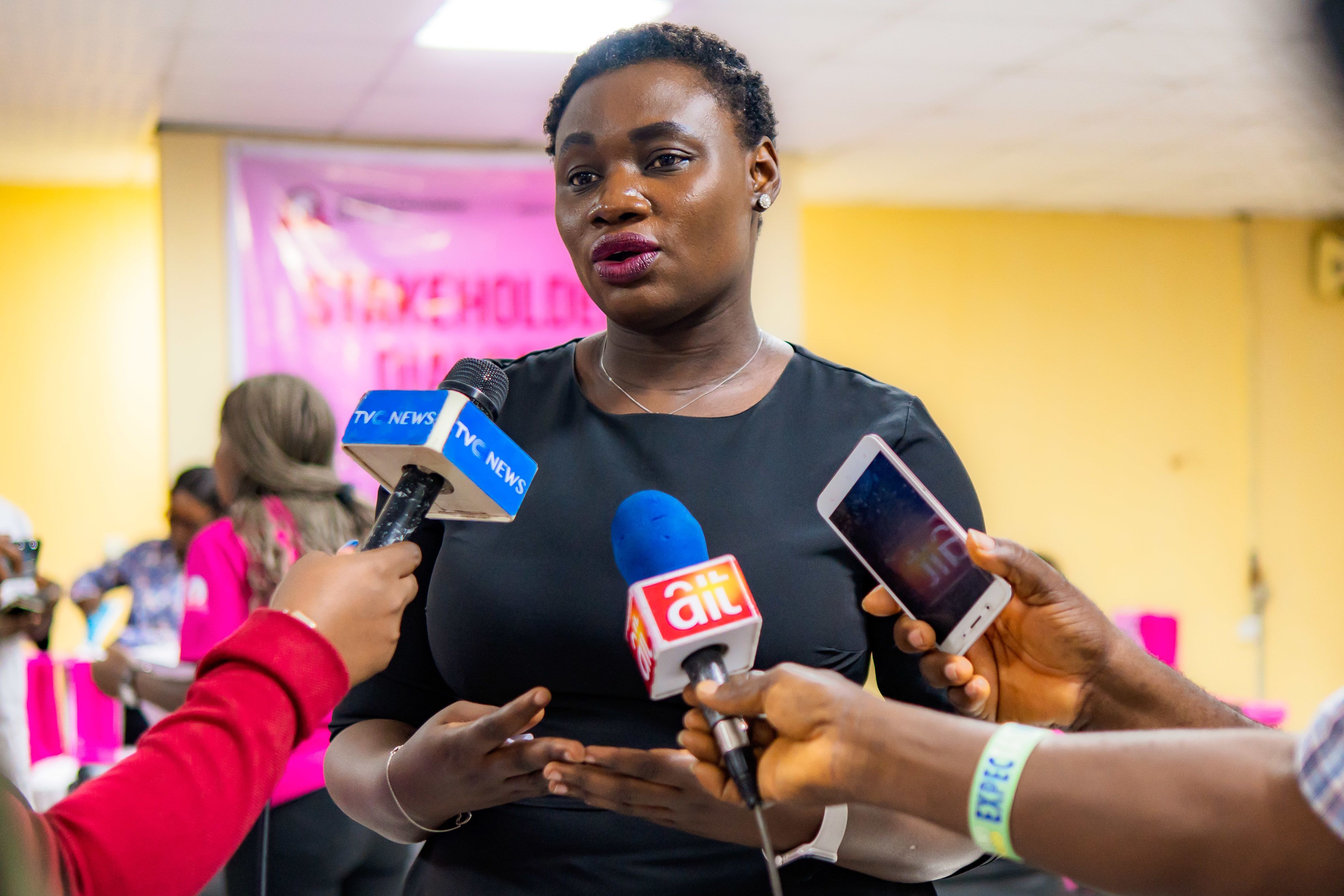
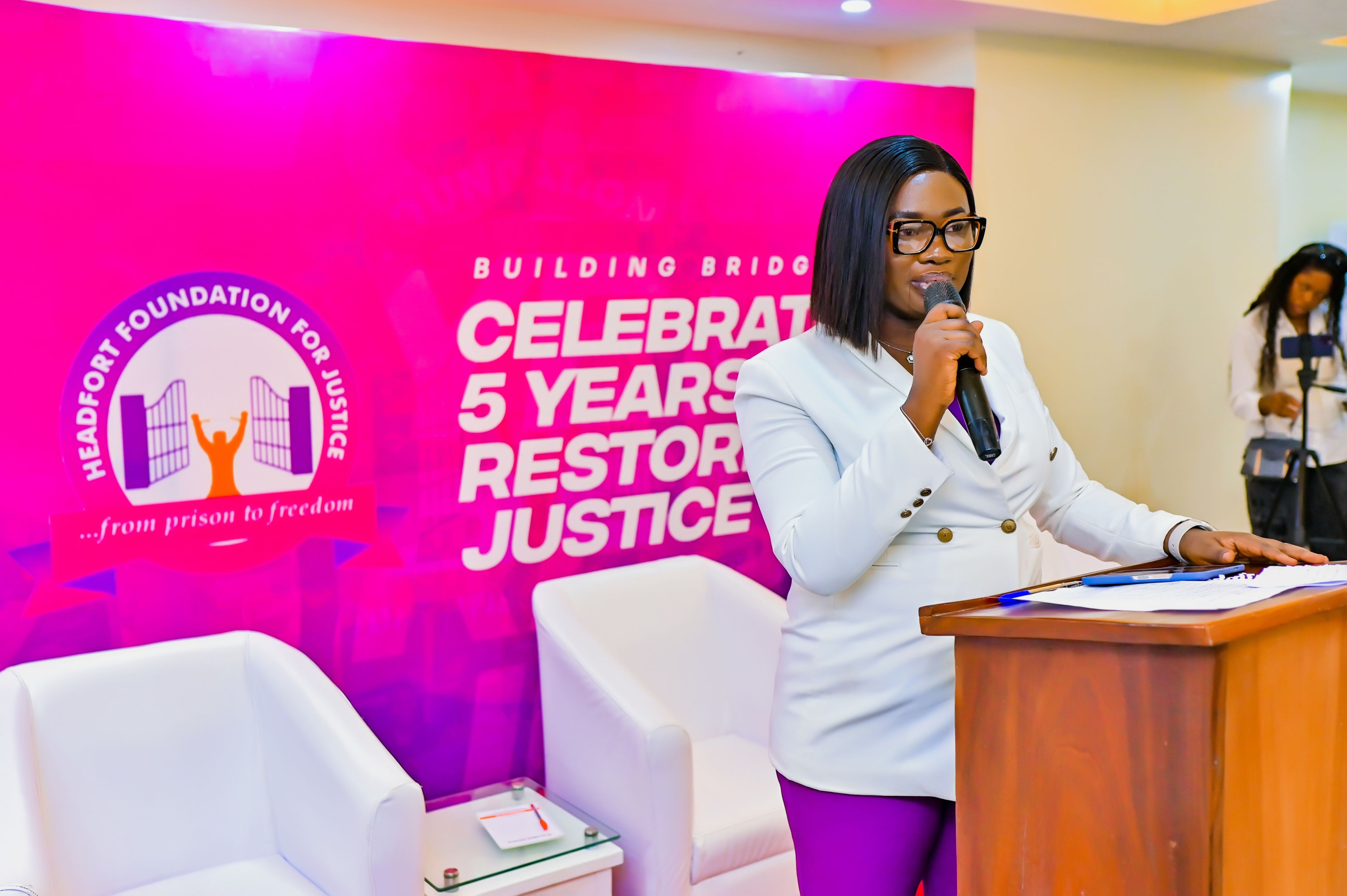
Why Pro Bono Boosts Business
Initially, Oluyemi’s commitment to community impact led to financial difficulties. She admits,
"I was not money-conscious at any point; it has always been about making an impact. So it was easy for us to run at a loss as a business."
However, she soon saw the need for financial sustainability and separated Headfort Chambers from the Headfort Foundation for Justice. This separation allowed each organization to operate with distinct goals while supporting one another.
Oluyemi has proved that pro bono is good for business. Clients from Headfort Chambers hire the firm in part because the firm supports the foundation and allows them to enjoy (indirectly) contributing to a worthy cause. Clients have approached her, saying,
“If you can do this for free for vulnerable and marginalized people, we can trust you to handle our legal issues.”
This approach has enabled both organizations to thrive, with the nonprofit benefiting from ongoing funding and the business winning over clients who value its commitment to social impact.
“If you can do this for free for vulnerable and marginalized people, we can trust you to handle our legal issues.”
"Headfort Chambers donates 25% of its proceeds to the foundation, which has helped sustain its initiatives."
How to Get Started with Balancing Business and Community Impact
For women striving to balance business success with community upliftment, Oluyemi believes, "It is possible if businesses are creating people-centered solutions for humanity."
Her experience proves that even small-scale corporate social responsibility (CSR) efforts can be impactful.
Oluyemi advises starting with what you have and being intentional about your impact. She suggests separating business and nonprofit operations to maintain clarity and effectively manage goals.
Finally, she points out that businesses should build relationships based on shared values to enhance their goodwill.
Oluyemi's journey exemplifies the impact one can have when combining passion with purpose. Her commitment to justice and community uplifting has transformed lives and set a powerful example for women entrepreneurs across Africa. As she continues to champion the rights of the marginalized and build communities of empowered women, Oluyemi's story reminds us that building a legacy is defined beyond the borders of profit.
"No matter how small a business is, the part of CSR is always important. You don't have to have millions of dollars before you have a CSR."
"Start with what you have. Be diligent and intentional about it. Track every bit of your impact, however small."
"The world has gone beyond transaction, everything now is based on relationships. People would rather create a relationship with someone that they know values human rights and justice."
How to Get Started With Corporate Social Responsibility as a Small Business Owner
1. Donate a percentage of your profit: Contribute a portion of your profits to a cause that resonates with your values and mission. Small businesses have started pledges from as little as 1% of revenue and share the impact of their donation with their clients.
2. Organize company-wide volunteer days: Rally your entire team to volunteer at a charitable cause with everyone wearing company merch. It boosts business brand awareness and builds team spirit. Consider dedicating a day every month or quarter to build relational ties between your business and the charity. Invite your clients and customers too!
3. Partner with other women-led businesses: Collaborate with fellow women entrepreneurs on joint CSR initiatives, amplifying impact and building a supportive network.
4. Offer mentorship programs: Share your knowledge and experience by mentoring women in your community, helping them develop the skills they need to succeed.
5. Start a non-profit: Consider creating a sister non-profit organization that addresses specific issues aligned with your business values.
CSR efforts can enhance your brand reputation, foster customer loyalty, and make a significant difference in your community. Like Oluyemi says, just start.

